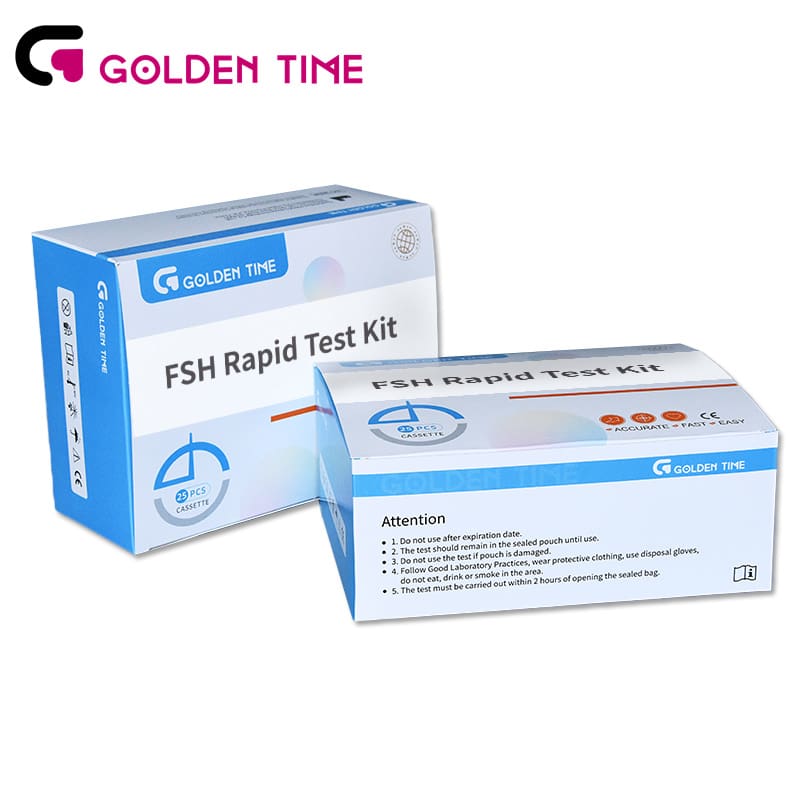Nov . 08, 2024 20:38 Back to list
buy hepatitis b rapid test kit price
The Importance and Pricing of Hepatitis B Rapid Test Kits
Hepatitis B is a viral infection that attacks the liver, leading to acute and chronic diseases. With millions of people worldwide infected with this virus, the need for early diagnosis and management has become critical. One of the most effective ways to diagnose Hepatitis B is through rapid test kits that provide quick results, allowing for timely medical intervention. This article explores the significance of these kits, how they work, and their pricing in the market.
Understanding Hepatitis B Rapid Test Kits
Hepatitis B rapid test kits are diagnostic tools designed to detect specific antibodies or antigens related to the Hepatitis B virus (HBV) from blood samples. These tests are designed to be simple and quick, often delivering results within 15 to 30 minutes. The primary types of tests include
1. HBsAg Test This tests for the Hepatitis B surface antigen, indicating an ongoing infection. 2. Anti-HBs Test This identifies antibodies to Hepatitis B surface antigen, which signifies recovery or vaccination. 3. Anti-HBc Test This detects antibodies to the hepatitis B core antigen, indicating past or current infection.
The ease of use, combined with rapid results, makes these kits invaluable in a variety of settings, including clinics, hospitals, community health programs, and even at home.
Advantages of Rapid Testing
1. Speed The main advantage of rapid test kits is the swift diagnosis. Traditional laboratory tests can take days to process, delaying treatment. 2. Accessibility Rapid test kits can be used in resource-limited settings where laboratory facilities might not be available. This is especially vital in low-income countries with high hepatitis B prevalence.
3. Simple Operation Most rapid tests are straightforward, requiring minimal training. This allows healthcare workers and even individuals to carry out the test without extensive technical knowledge.
buy hepatitis b rapid test kit price

Pricing of Hepatitis B Rapid Test Kits
The pricing of Hepatitis B rapid test kits can vary widely based on several factors, including manufacturer, quantity purchased, and regional market conditions. In general, the price per kit can range from as low as $1 to upwards of $10 for bulk purchases. This price range reflects not only the manufacturing cost but also the competitive nature of the health diagnostics market.
For healthcare providers, especially in low-resource settings, the cost-effectiveness of these tests makes them an essential tool. Purchasing in bulk often yields further discounted rates, promoting broader screening initiatives. Various organizations also offer subsidies or free kits as part of public health campaigns aimed at controlling the spread of Hepatitis B.
Where to Buy Hepatitis B Rapid Test Kits
Several channels are available for purchasing these test kits
1. Pharmaceutical Distributors Many medical supply companies are prominent suppliers of rapid test kits. They offer a variety of brands, each with differing reliability and performance metrics.
2. Online Retailers E-commerce platforms have become a convenient option to buy rapid test kits. Buyers can compare prices, read reviews, and choose brands based on quality.
3. Healthcare Organizations Some NGOs and health organizations may provide these kits either for free or at a subsidized price as part of health outreach programs.
Conclusion
Hepatitis B rapid test kits play a crucial role in the global effort to detect and manage this potentially life-threatening virus. With their speed, ease of use, and relative affordability, they are essential for increasing the rates of diagnosis, particularly in areas with limited healthcare access. As the medical community continues to combat Hepatitis B, widespread availability and affordability of these test kits remain a priority. As individuals and healthcare providers increasingly turn to rapid testing, understanding the importance and pricing of these kits will be vital in facilitating better health outcomes.
-
Premium Empty ABS Plastic Cassettes: Durable & Lightweight Storage
NewsAug.01,2025
-
Accurate Cocaine (Coc) Rapid Test Kit | Fast & Reliable Detection
NewsJul.31,2025
-
Accurate HCG Pregnancy Test Strips | Fast Home Use Kit
NewsJul.31,2025
-
Reliable Early Pregnancy Test Kit Supplier - Multi Plastic Cassette Options
NewsJul.30,2025
-
Transferrin Rapid Test Cassette – Reliable Tumor Marker Detection
NewsJul.29,2025
-
Accurate Follicle Stimulating Hormone Test Kit | Rapid Reliable Results
NewsJul.29,2025

